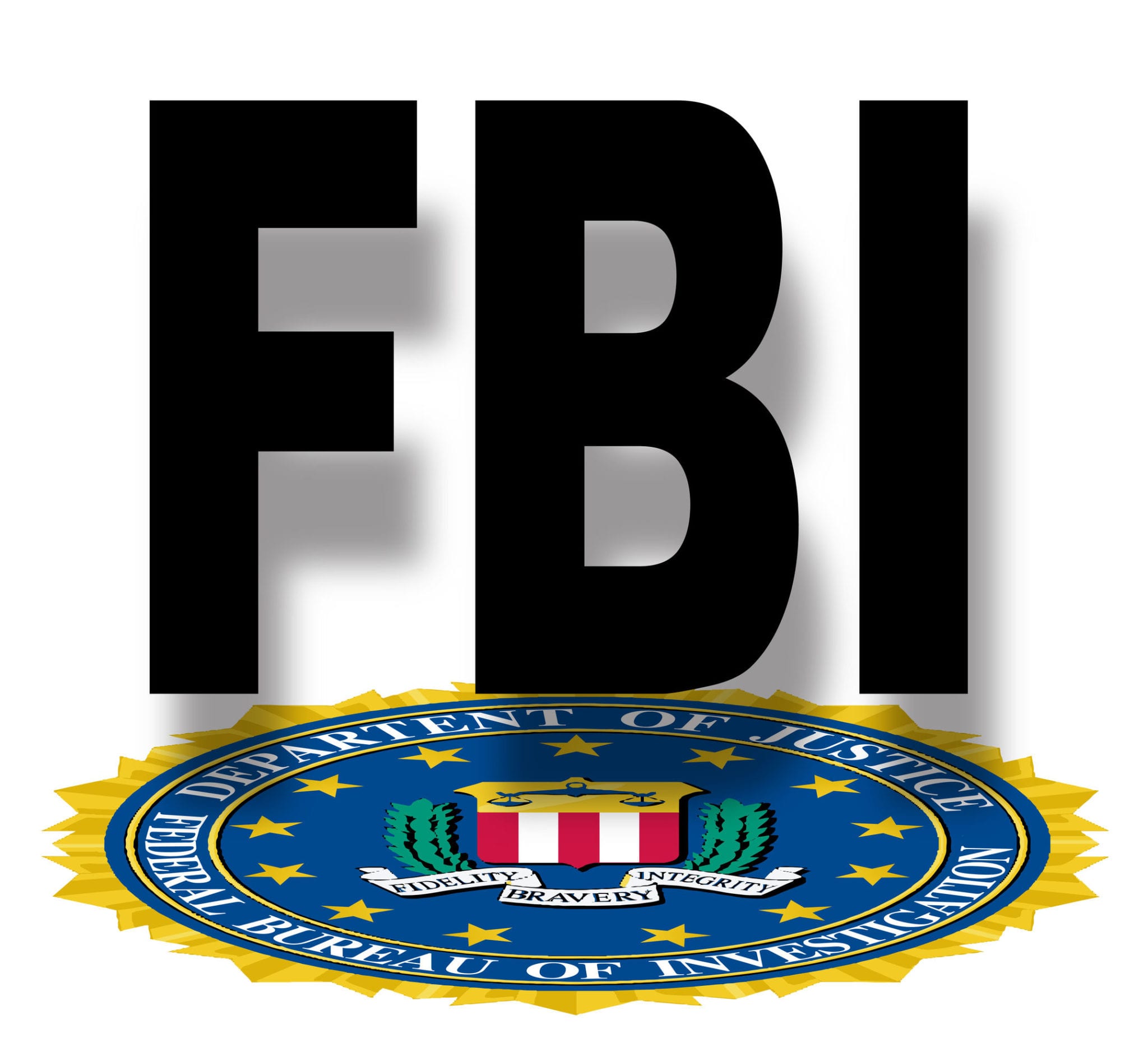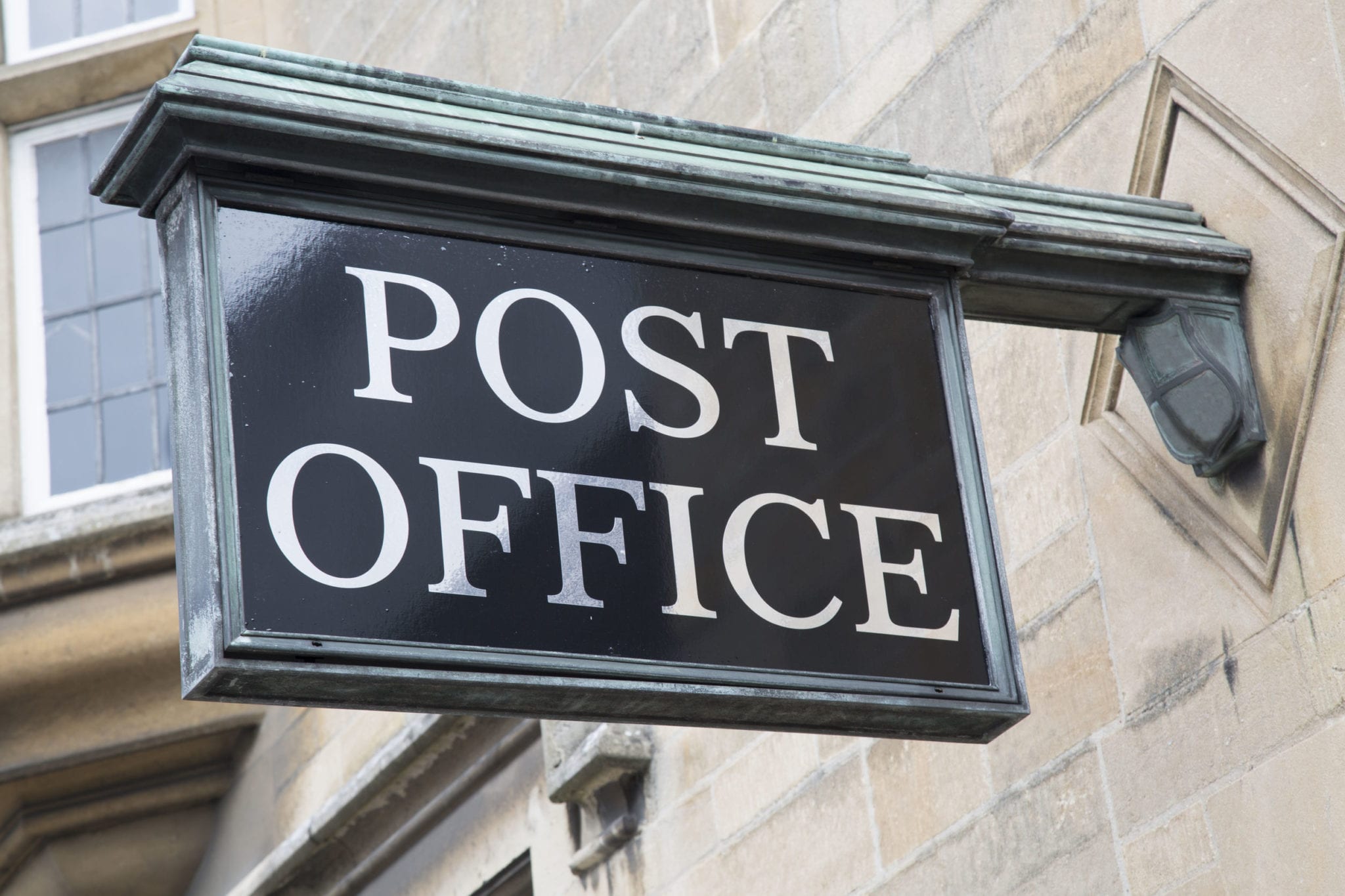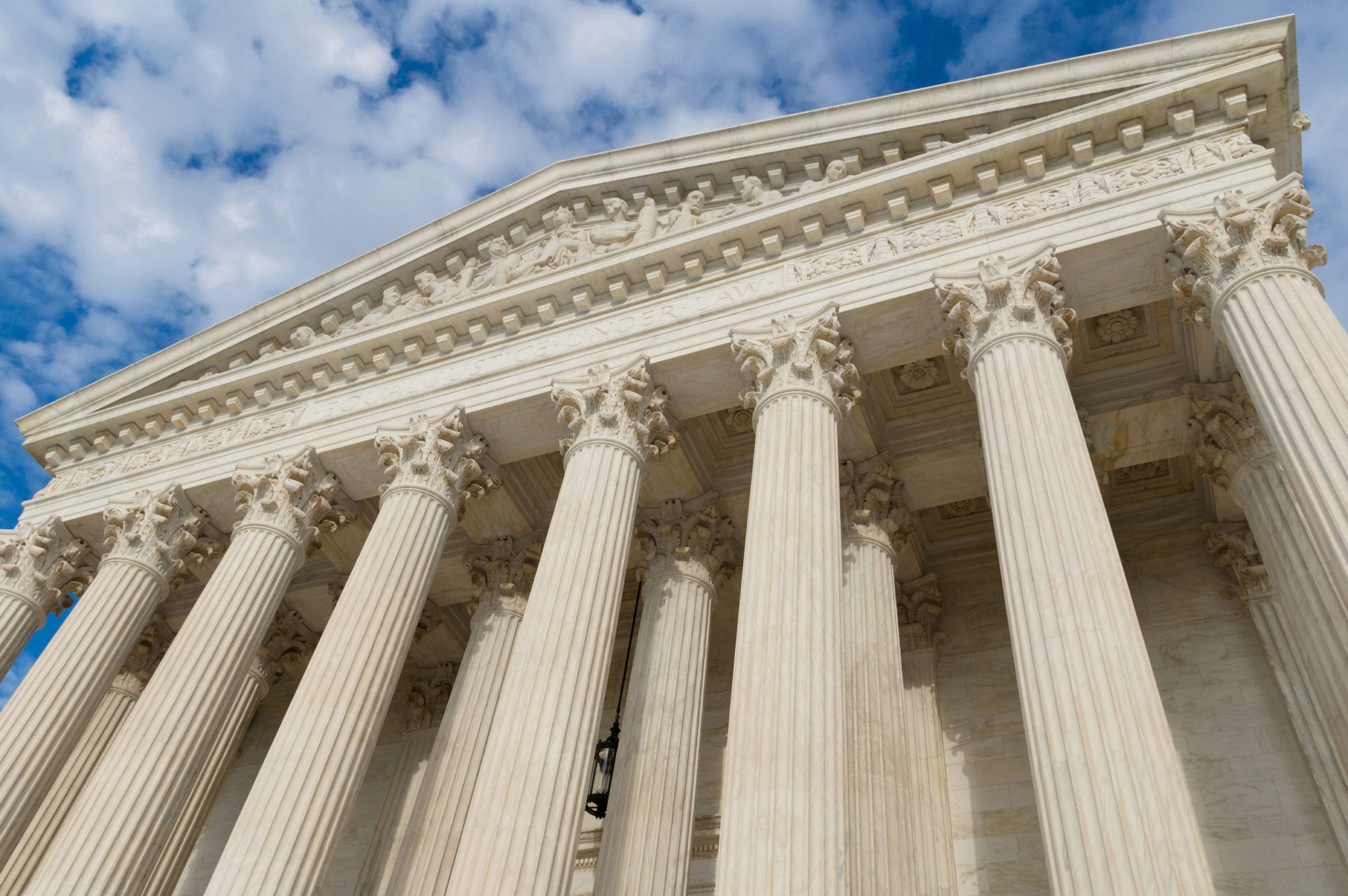
There are over 200 different courts throughout the state of Minnesota. Courts deal with criminal trials, domestic disputes, civil cases – you name it. If you have been charged with a crime, knowing what court to go to and what you might be up against can be confusing.
Even if you are facing criminal charges, they can potentially be held in a Minnesota state court or a federal court in Minnesota depending on whether you are up against a state or federal charge.
If you are charged with a federal crime, you will have to plead your case in front of different judges, based on a different set of rules, and be subject to a different set of penalties. Because of this, building an effective federal defense strategy will look different than a strategy for the Minnesota state courts.
So, what determines whether someone is charged with a federal or a state offense? Each case is unique, but there are general rules that point to the likelihood of a federal court case. Before you start building your defense strategy, know which court you will have to report to and what type of lawyer you will have to hire.
Reasons Criminal Acts Become Federal Charges in Minnesota
Crime Breaks Federal Laws
There is not just one set of laws in the United States. The Constitution broke up the power of the country and the power of the states to balance out how the nation was run and not let the federal government have too much power over its citizens. That’s why each state has different laws for things like marriage, marijuana, or gambling.
Let’s take a look at marijuana to get a better understanding of the different sets of laws at the state and federal level. The federal government lists marijuana as a Schedule I controlled substance that is illegal throughout the entire country.
However, many states have legalized marijuana for medicinal or recreational purposes, including Minnesota (here, it is currently only legalized for medicinal purposes). While the Obama administration allowed states to handle marijuana in their own way, the current administration has instructed federal prosecutors to go after marijuana crimes even in states where pot is legal under state law.
This is an unusual example of conflicting state and federal laws, but it goes to show that Minnesota and federal laws don’t exactly look the same.
Does this mean that everyone who gets busted for pot will be hit with a federal charge? Of course not. That’s where the other reasons come in.
Crime Crosses State Lines
If you are charged with trafficking drugs throughout Minnesota, you have committed a crime in only one state, and the state will handle that case. What happens if you bring drugs from Minnesota to another state, though – or vice versa? Which state is in charge of handling your case?
When crimes cross state or country lines, they often head to federal court. These crimes are typically more severe in nature to begin with in the first place. Examples of crimes that cross state lines include:
- Child pornography that is produced in Minnesota but is distributed throughout multiple states
- Stealing and using credit card information from people in multiple states
- Committing sexual assault against victims in multiple states
Crime Involves a Federal Institution

A federal institution is set up by the United States government and oversees operations throughout the entire country. If you are charged with committing federal tax evasion, you are committing a crime that involves the IRS. This could lead to federal charges.
Federal institutions that are commonly involved in federal crime include:
- DEA (Drug Enforcement Agency)
- CIA (Central Intelligence Agency)
- USPS (United States Postal Service)
- Amtrak
- United States Border Patrol
Federal Government Wants to Take It On
Ultimately, the federal government is a higher power than the state government. If federal authorities have special interest in a case and would like to see the case tried in a federal court, they can take over the case – even if it’s just violating a minor federal statute.
For example, during Prohibition, the federal government had a special interest in alcohol laws. Even if an alcohol-related case was limited to the borders of Minnesota, the federal government was more likely to hear the case. These interests will change over time, so if your case happens to be in the realm of an issue that the federal government is looking to crack down on, you might have to head to federal court.
What Happens If You Are Charged with a Federal Crime
As mentioned above, the federal court system is separate from the Minnesota state court system. You will have to play by different rules, and if you are convicted, will face different (typically harsher) penalties. Defendants convicted of federal crimes may also be sent to federal, rather than state, prison.

If you are charged with federal crimes, the first step you must take is reach out to federal lawyers. Not all lawyers in Minnesota can legally handle federal cases, so search for lawyers that have experience, team, and the required certification to take on federal prosecutors.
About the Author:
Christopher Keyser is a Minneapolis-based criminal and DWI defense attorney known for fighting aggressively for his clients and utilizing innovative tactics to get the most positive results. He has been featured in numerous media outlets due to the breadth and depth of his knowledge, and recognized as a Minnesota Super Lawyers Rising Star (2014–2015), a Top 100 Trial Lawyer (2013–2015), and a Top 40 Under 40 Attorney (2013–2015).





